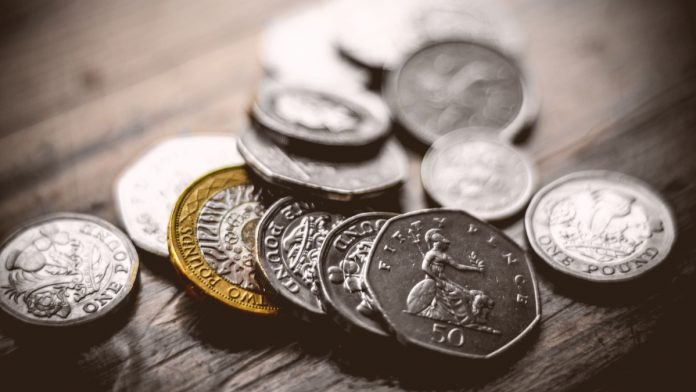The British pound is higher against the euro on Tuesday.
A sweeping return of optimism across markets saw riskier currencies like the pound push higher while an index for the top five hundred US company shares reached its highest since early March.
The euro lost ground after a French central banker emphasised that the government bond buying in Europe was no longer restricted by previous rules according to asset class and jurisdiction.
The Pound versus Euro was higher by 62 pips (+0.55%) to 1.1237 as of 3pm GMT.
GBP/EUR regained 1.12 early on and continued to rise throughout the day until steadying near 1.125. Yesterday the exchange rate had risen by +0.14%, leaving it higher by +0.74% this week.
GBP: Vaccine race boosts the pound
US stock market benchmark, the S&P 500 reached over the 3000 threshold for the first time since early March on Tuesday. News from US pharmaceutical company Novavax that its coronavirus vaccine is starting human trials bolstered investor appetite for risk, an environment that typically benefits the British pound.
The first set of early-stage results of the trials will be available in July. There is now a race among pharmaceutical companies and national governments to produce a coronavirus vaccine. The growing sense of competition should increase the speed in which a vaccine will be widely available to the general public.
EUR: Bond buying should be ‘flexible’
Banque de France Governor Francois Villeroy emphasised in an interview on CNBC that the European Central Bank needn’t be restricted to buying bonds in quantities that reflect the size of the respective economies. The so-called ‘capital key’ was an important feature of the European Central Bank’s previous bond purchase programs.
It prevented the ECB from distorting capital markets by, for example buying lot of bonds from countries with higher risk-profiles and driving down the rate of interest on those bonds in the process. The risk is that when national governments with a history of overspending are given the opportunity to borrow at artificially low borrowing rates, they will grow borrowing to even more unsustainable levels, creating risks to the European economy.





